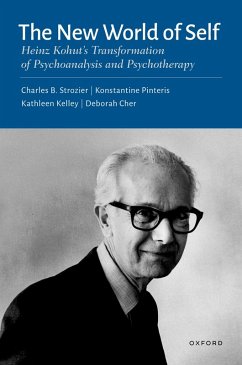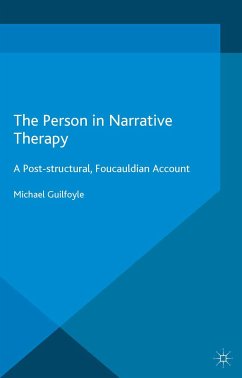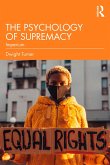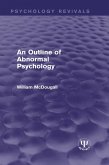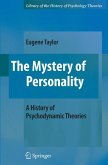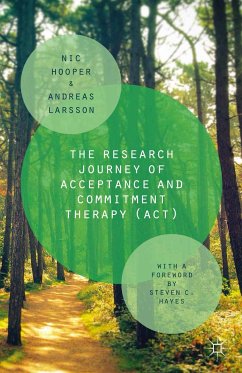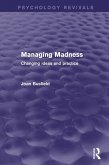There are two foundational thinkers in the history of psychoanalysis: Sigmund Freud and Heinz Kohut. Though Kohut is much less well known, he revolutionized psychoanalytic theory and the practice of psychotherapy. In a burst of creativity from the mid-1960s until his death in 1981, he reimagined the field in a way that made it open, mutual, relational, and inclusive. His conceptualization of a holistic self that is in an ongoing relationship with others represented a paradigm shift from the purely intrapsychic Freudian model of id/ego/superego. In
The New World of Self, Charles B. Strozier, Konstantine Pinteris, Kathleen Kelley, and Deborah Cher draw upon their deep knowledge of Kohut's extensive and diverse writing to understand the full significance of his thinking. His self psychology released psychoanalysis from the inherent limits created by its theoretical dependence on drive theory. Kohut instead focused on immediate experience. He also embraced historical themes, leadership and culture, literature from Kafka to O'Neill, the psychology of music, much about art, and a theory of religion and spirituality for modern sensibilities. Acquainting the work of this eminent psychoanalytic theorist to a new generation of clinicians and scholars,
The New World of Self unpacks the transformative research of Heinz Kohut and highlights his significance in the history of psychoanalysis.
Dieser Download kann aus rechtlichen Gründen nur mit Rechnungsadresse in A, B, BG, CY, CZ, D, DK, EW, E, FIN, F, GR, HR, H, IRL, I, LT, L, LR, M, NL, PL, P, R, S, SLO, SK ausgeliefert werden.

